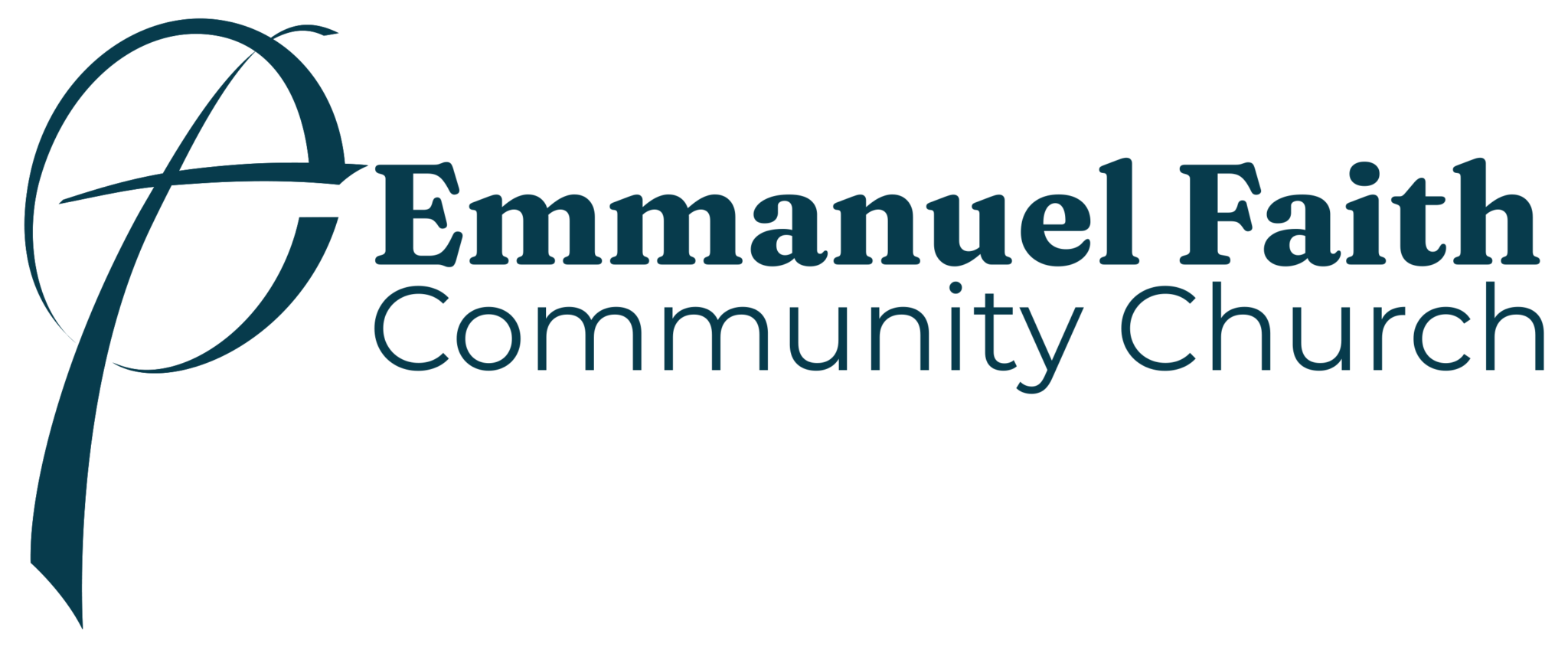Name something that believers know they should do but often don’t do. Several things might come to mind: evangelizing, serving, and forgiving are what I think of. Imagine having billions of dollars and never spending any of it. That is similar to believers who never evangelize, serve or forgive others. God gives us grace in abundance and expects us to give grace with abundance too. When believers share their faith, serve the church, and forgive each other they are passing out, participating with, or spending some of God’s grace. Life is better when believers practice faith rather than avoid faith.
The little Bible book written to Philemon deals with all three of the above issues. All three are fundamental tenets, behaviors, or practices of Christianity. We do not know much about Philemon, but it is clear he was challenged to be faithful and to spend some of the grace God gave him.
Philemon 1:6, “and I pray that the sharing of your faith may become effective for the full knowledge of every good thing that is in us for the sake of Christ.” If you do not share your faith, you will never know the real good things Christ has for your life, but if you do share your faith, your knowledge of Christ’s goodness grows.
In Philemon 1:10-12, Paul points out that Onesimus (the man Philemon needed to forgive) was “useless” before he knew Jesus, but now he is a great partner in the gospel because of how he serves. Service of one another does not lead to being looked down upon. Rather, it leads to love as “a beloved brother—especially to me, but how much more to you, both in the flesh and in the Lord.” Onesimus’ servant heart demonstrated his activity with God’s grace and his trustworthiness to be a partner in the gospel.
Finally, Philemon is not just encouraged to forgive, he is ordered or simply expected, to forgive. Paul writes:
So if you consider me your partner, receive him as you would receive me. If he has wronged you at all, or owes you anything, charge that to my account. I, Paul, write this with my own hand: I will repay it—to say nothing of your owing me even your own self. Yes, brother, I want some benefit from you in the Lord. Refresh my heart in Christ. Confident of your obedience, I write to you, knowing that you will do even more than I say. – Philemon 1:17-21
This would be like a couple coming to see Pastor Paulson because of marriage trouble and he told them to stay together for his sake because they owe him and they owe the church. That advice is within his right as a pastor, but it is difficult for us to imagine that advice being respected by the couple from today’s culture. It is easier to picture that couple bailing on the church and bailing on each other following that kind of admonition.
What we miss in translation, and in our own experience, when we think about forgiveness this way is the reality that forgiveness is expected, encouraged, and ordered by believers because it really is good for them. Jesus models forgiveness with his whole life, suffering, and death, and Paul orders it for Philemon’s own good and the opportunity to partner with Onesimus in the gospel. Spend God’s grace rather than trying to hord it or hold it. When we forgive we spend some of the abundances of grace that God lavished on us.
Pastor John Riley
Jr. High Pastor

